The fastest route to visit the monumental area of Belém.
You must get off tram 15 at the "Lg. da Princesa" stop.
Then follow the diagram below.
| LISBON - TRAM 15 |
BELEM OVERVIEW
A typical visit to Belem takes half a day but this can be easily extended just by including all of the museums or a walk through the botanical gardens. The main tourist attractions can get very busy during the height of the summer season or at the weekends, so plan to visit them either earlier or later in the day. There are numerous cafes and restaurants, but it is highly recommended to try a Pastel de Nata from “Pastéis de Belem”, the traditional home of the delicious cakes that go by the same name.
The Best Activity of Belem
The best activity in Belem is the 30-minute walk from “Pastéis de Belem” to the Torre de Belem. This route passes the Mosteiro dos Jeronimos, the Discoveries Monument and goes through carefully maintained parks (namely, the Jardim da Praça do Império and the Jardim da Torre de Belem) while following the banks of the Tejo Estuary. On a bright sunny day, there is no better walk than this in Lisbon.
The Best Tourist Sight of Belem
MONASTERY OF JERONIMOS
(Mosteiro dos Jerónimos)
STAINED-GLASSES
CLOISTERS OF THE JERONIMOS MONASTERY
DETAILS OF THE MONASTERY CLOISTERS.
 |
| TOMB OF THE AWESOME POET, FERNANDO PESSOA. |
Sights and Attractions in BELEM, LISBON
EMPIRE SQUARE
(Praça do Império)
(Praça do Império)
It measures about 280 m by 280, plus adjacent areas, and is the largest square in the Iberian Peninsula and one of the largest in Europe.
MONUMENT TO THE DISCOVERIES
(Padrão aos Descobrimentos)
The Discoveries Monument is an imposing concrete monument that celebrates Portugal’s explorers and the era of discovery. There is an observation deck at the top of the monument which provides wonderful panoramic views over Belem,
The compass rose ( Rosa dos Ventos )
BELEM TOWER
(WORLD HERITAGE)
(WORLD HERITAGE)
The Belem Tower was constructed to guard Lisbon against sea bound attacks and was positioned in the center of the Tejo Estuary but today, due to changes in river flow, the fort is now located on the banks of the Tejo River.
SÃO JERONIMO CHAPEL
When people visit Belém, they’re attracted by its monumental iconic spots. Still, this hidden chapel is located in the highest part of Belém, offering a fantastic view over Lisbon’s riverfront. Its Manueline Architecture dates from the XVI century and still makes us travel back in time to the Portuguese architecture that was made to convey the Portuguese presence at sea, during the discoveries era.
Atop a quiet hill in Belém sits the São Jerónimo Chapel. The chapel is Manueline in style, and was constructed in 1514 within the enclosure of the Hieronymite Monastery of Santa Maria de Belém. This monolithic chapel has magnificent views down to the Tagus river.
São Jerónimo Chapel is a simple chapel located on a hilltop, with its southern flank serving as a lookout. Encircled by a small forest of trees on terraces, the chapel is a heritage site and a beautiful example of Manueline architecture. It consists of a single-nave structure topped with a stone rope detail, and at each corner of the roof are four conical pinnacles with four gargoyles. The exterior is impressively stark, while the interior is decorated with a multi-foil triumphal arch. The cloister is lined with an intricately decorated colonnade, and the chapel has three altars decorated in Mudéjar azulejo tiles. The chapel’s interior is expansive with a ribbed vaulted ceiling and delicate decorative elements. This stunning religious architecture also affords wonderful views of the Tagus river and the horizon.
MARITIME MUSEUM
( Museu de Marinha )
( Museu de Marinha )
TROPICAL BOTANICAL GARDEN
The Tropical Botanical Garden or Colonial Garden is one of the largest gardens in Lisbon! It is located in a privileged area of Belém and has an exotic flora matrix. There are over 600 species of exotic trees and plants from various tropical regions of the world, mainly from the former Portuguese colonies, which confer it a lush beauty.
It was created in 1906, as a data collection field for agriculture in the Portuguese colonies. Next to the Belém Palace and the Jerónimos Monastery, this centennial garden offers pleasant moments to those who visit. Green prevails, which gives it a sense of peace and tranquility.
With over 5 acres of land, its grandeur is not only measurable in its size! Along with the trees and exotic plants, it has a large lake, various animal species, and several statues emerging in the middle of nature, as if they were part of it. There are also several greenhouses, a herbarium, a Typotheque, a seed bank, and an in vitro culture laboratory.
The Counts of Calheta Palace is also part of the Tropical Botanical Garden, further enriching the space, where exhibitions are frequently held. This garden is ideal for a leisurely stroll, because its beauty is truly out of sight.
Main Address:
Jardim Botânico Tropical
Largo de Belém
Lisbon
1400-209 Portugal
Jardim Botânico Tropical
Largo de Belém
Lisbon
1400-209 Portugal
PASTEIS DE BELÉM
Pastéis de Belém, the famous pastry shop in Lisbon.
Address: Rua de Belem 84 - 92, Lisbon.
The National Coach Museum (Portuguese: Museu Nacional dos Coches) is located on the Afonso de Albuquerque Square in the Belém district of Lisbon in Portugal. The museum has one of the finest collections of historical carriages in the world, being one of the most visited museums of the city.
AFONSO DE ALBUQUERQUE SQUARE
The square is located in front of Belém Palace, an early 18th-century palace that nowadays serves as the residence for the President of Portugal.
The site of the square used to be a harbor, built-in 1753. In 1807, Queen Mary I, Prince John VI, and the royal family fled Lisbon from this harbor to Rio de Janeiro, in Brazil, to escape the Napoleonic troops which had invaded Portugal.
OLD ROYAL RIDING SCHOOL
Lisbon's original coach museum is now home to just seven of these majestic 18th-century four-wheeled works of art, but it's worth also visiting the stuccoed, frescoed halls of the former royal riding stables built by the Italian architect Giacomo Azzolini in 1726 – a far more fitting and palatial rest home than the modern monolith NATIONAL COACH MUSEUM, across the street.
THE BELEM NATIONAL PALACE
Situated high up in gardens on a gently sloped hill, the Belem Palace is the official residence of Portugal's president since 1910. The Presidency Museum is part of the palace and can be visited every day (except Mondays). tells the story of the Portuguese Republic and its Presidents, with a permanent collection explaining the history of the nationals symbols (flag and anthem) and the role of the presidents through photographs.
Name:
Belem Palace (Palacio de Belem)
Address:
Praca Afonso de Albuquerque, Lisbon, Portugal
SOLEMN CHANGING OF THE GUARD | BELÉM NATIONAL PALACE
The ceremonial Changing of the National Republican Guard is performed by the Security Unit and Honors State (USHE) and takes place in front of Belém National Palace (official residence of the President of the Republic).
The ceremony includes a performance by the cavalry musicians of the GNR's "Charanga a Cavalo", which claims to be the only mounted band in the world that performs at the gallop.
On the third Sunday of each month | 11 am.
Free access
THE BELEM TRAIN STATION
THE BELEM FLUVIAL STATION
MAAT (MUSEUM ART ARCHITECTURE TECHNOLOGY)
N 38.69679; W 9.19307
https://www.maat.pt/en


.png)



















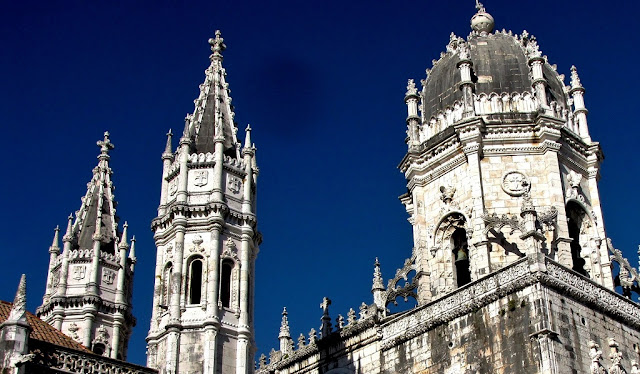


























































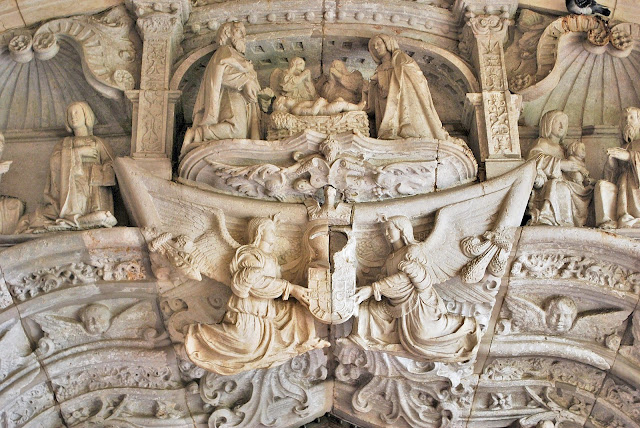













































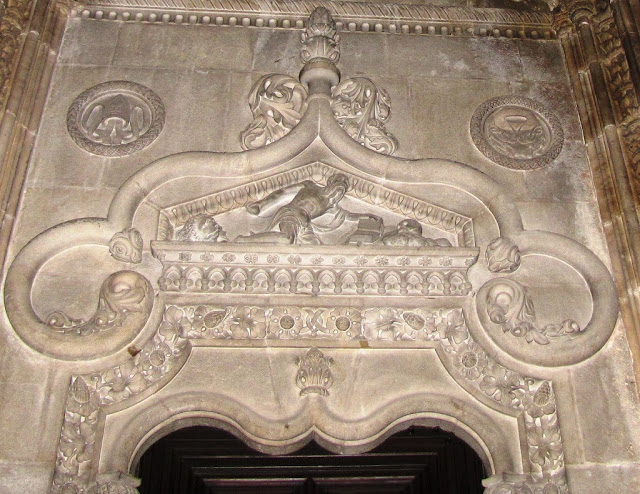










































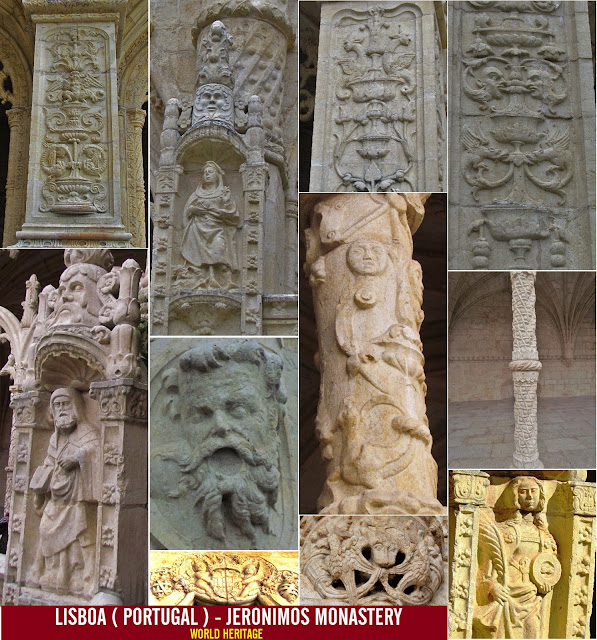





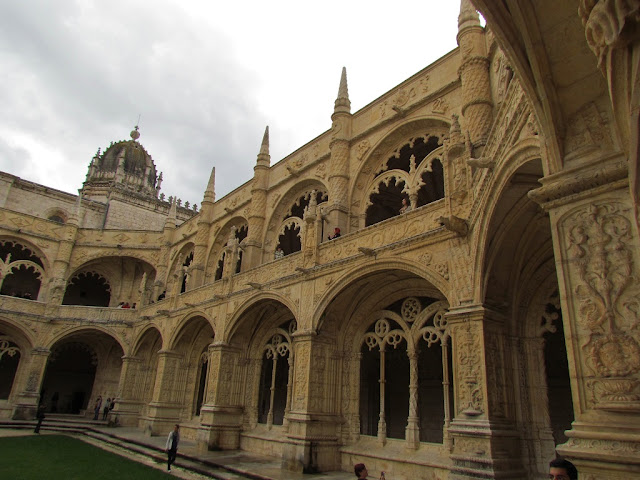




























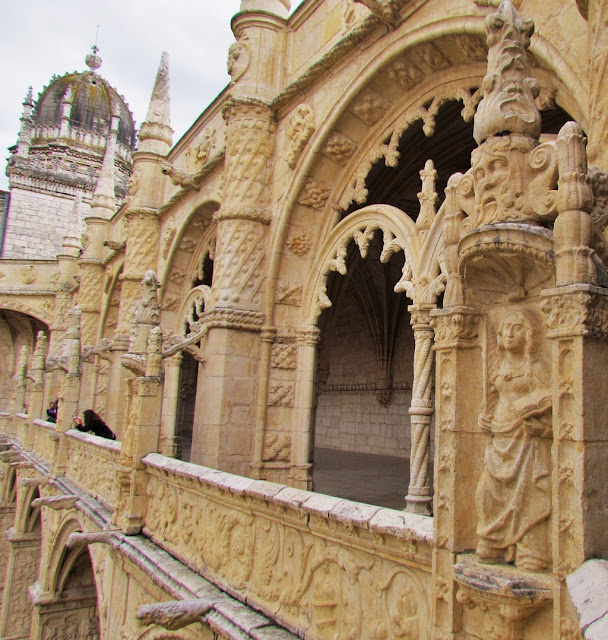



































































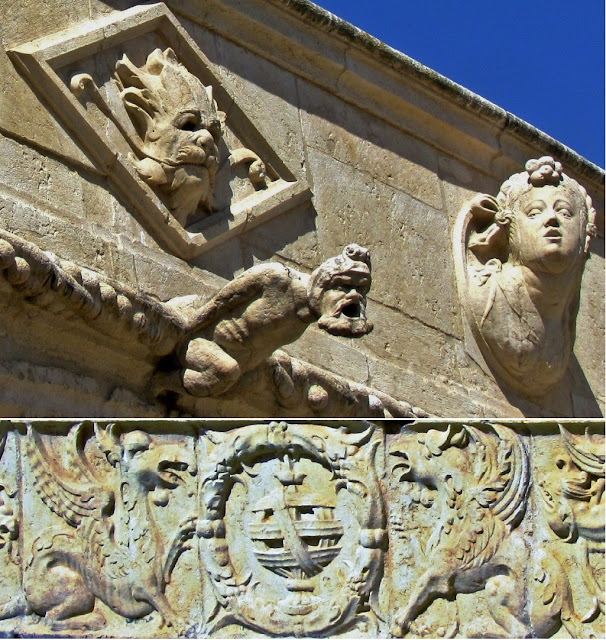






















































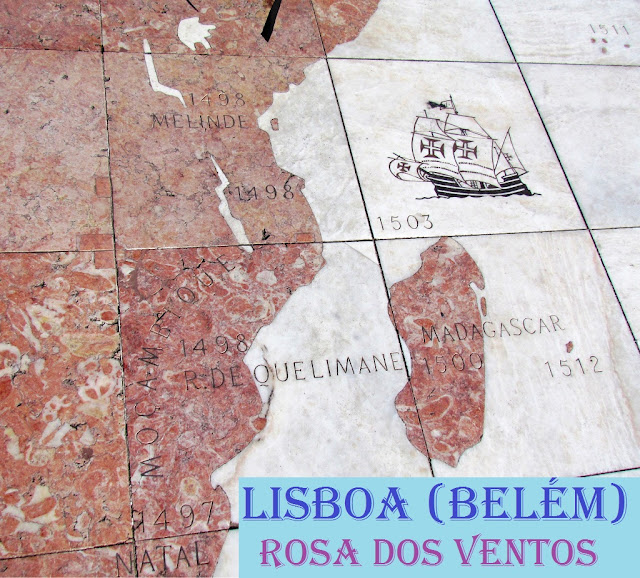













































































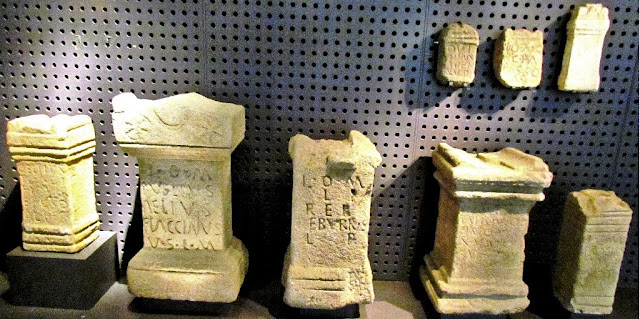

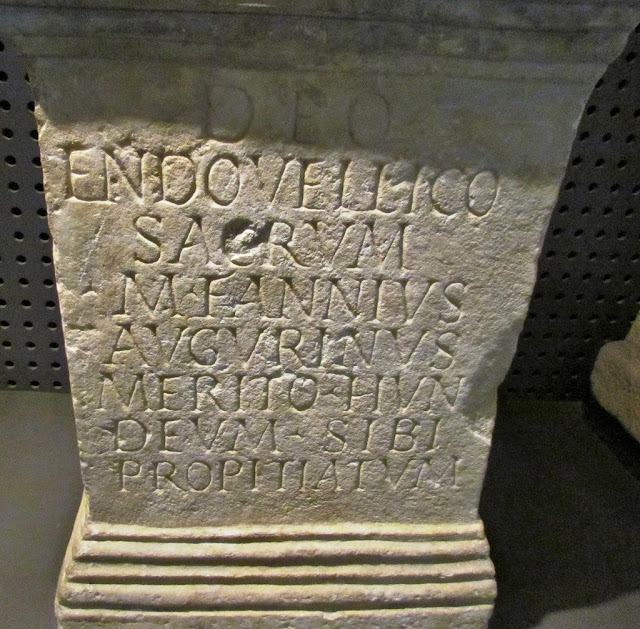





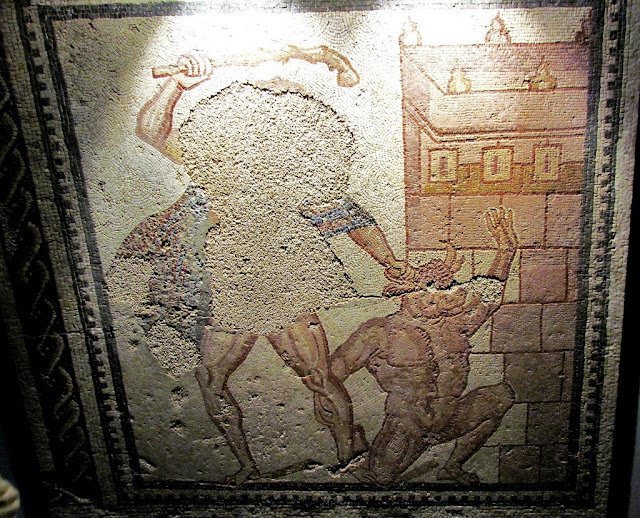






























































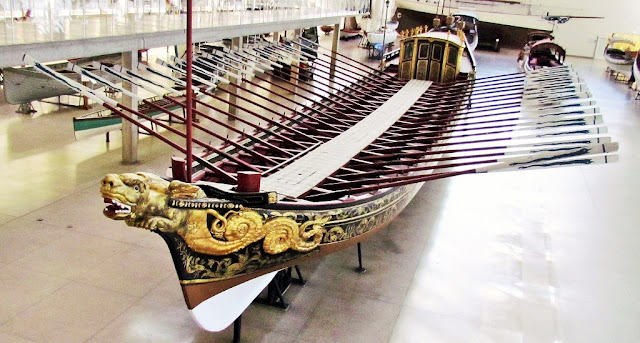

















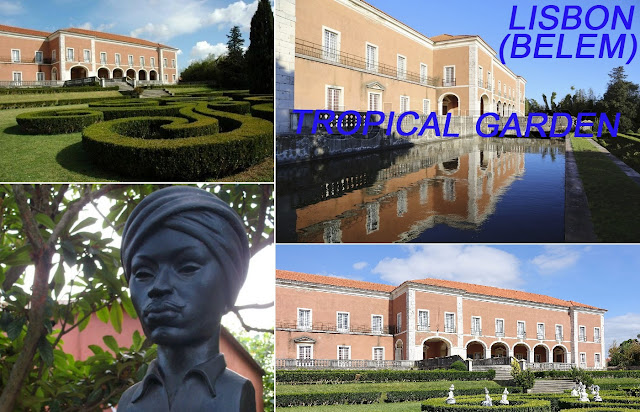


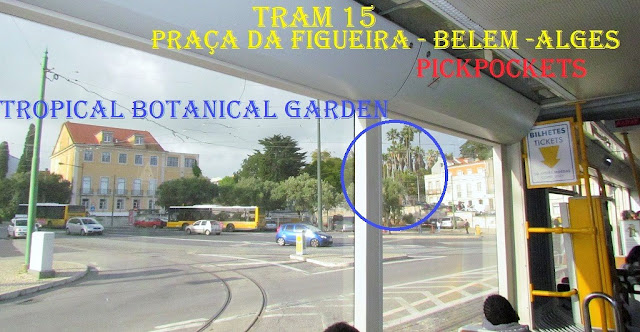









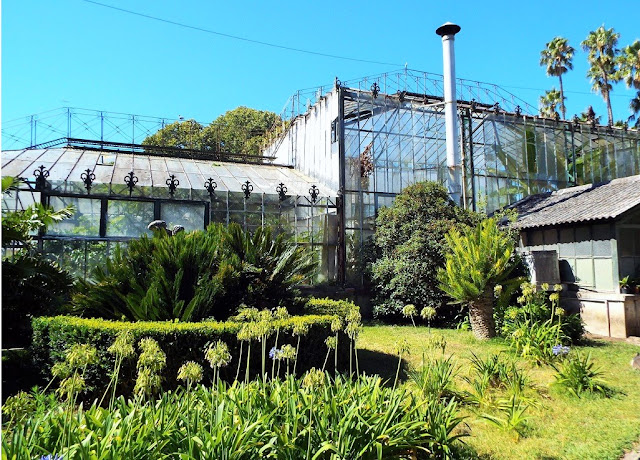














































































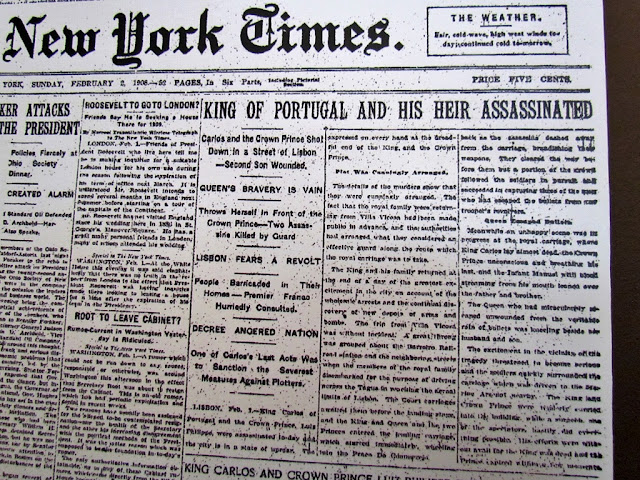



















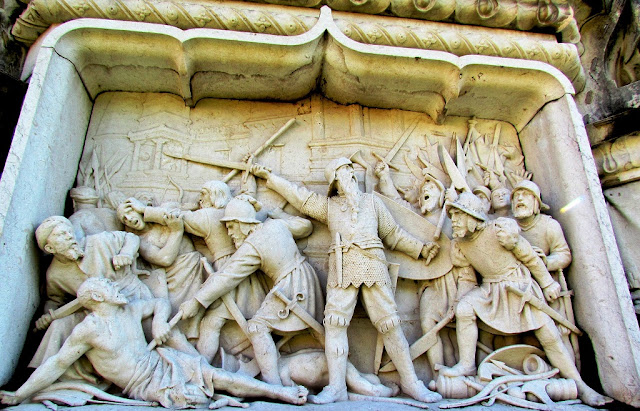











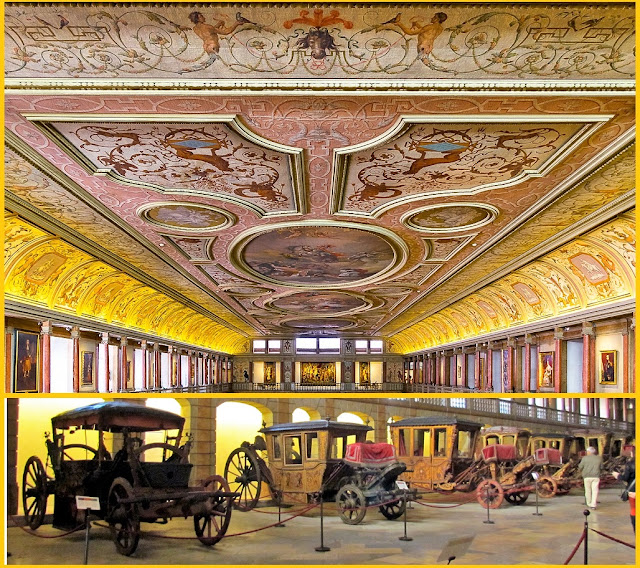














































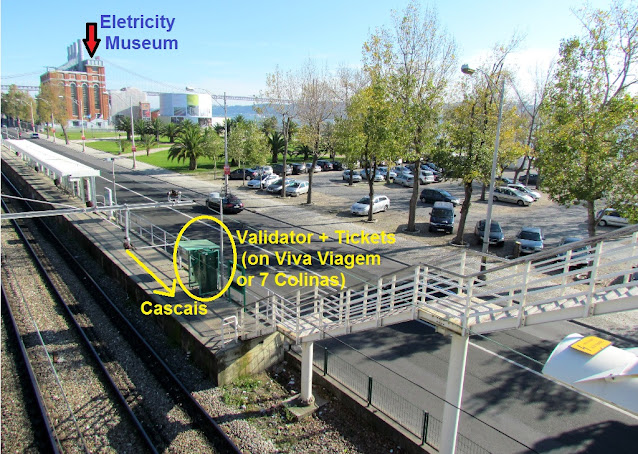






















No comments:
Post a Comment